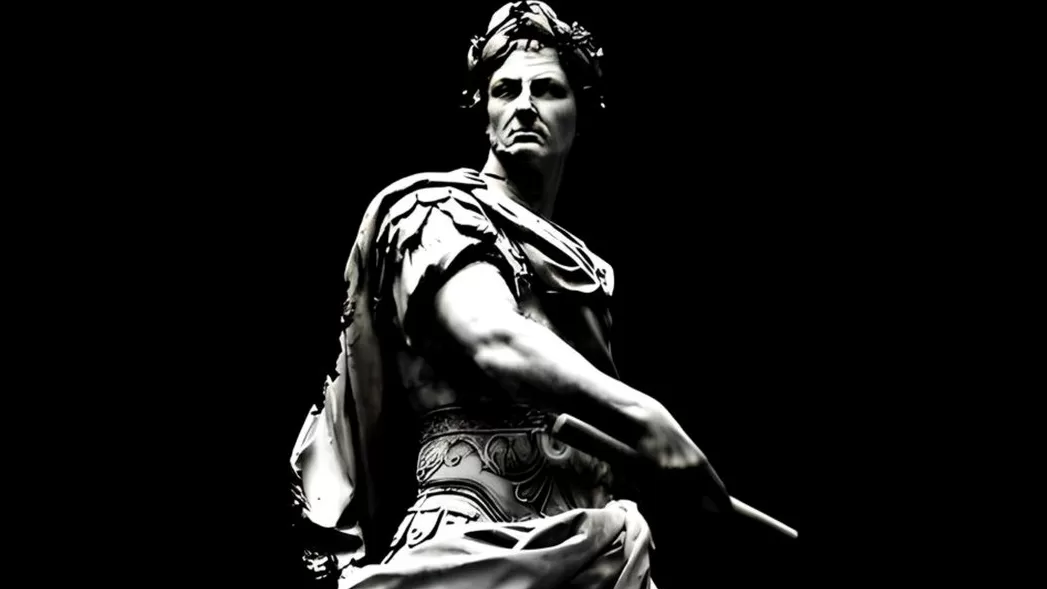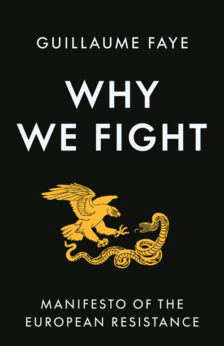The dialectic of authority, obedience, and command has captivated philosophers for centuries. Two quotes, one from Friedrich Nietzsche, “He who cannot obey himself will be commanded,” and the other from Solon, the ancient 6th-century BC Athenian lawgiver, “He who has learned how to obey will know how to command,” provide an intriguing framework to explore this dialectic. Despite the temporal chasm, these philosophers engage in a dialogue that illuminates our understanding of selfhood, authority, and power dynamics.
The profound interplay between Nietzsche’s philosophy and the Greek intellectual tradition provides a rich context to interpret these statements. Nietzsche, initially a classical philologist, held a deep reverence for Greek philosophy and culture. He considered the Greeks, notably the pre-Socratic philosophers, as epitomes of human creativity, strength, and wisdom.
Nietzsche held deep admiration for the Greek concept of arête, usually translated as excellence, which signifies the achievement of one’s fullest potential. This pursuit of excellence resonates strongly with Nietzsche’s philosophy of self-overcoming and self-creation, as encapsulated in his concept of the Übermensch. The Nietzschean Übermensch represents a man who conquers his own limitations, mastering himself, thereby asserting his will upon the external world. This embodiment of personal triumph and self-realization symbolizes the ultimate realization of arête.
The Greek aristocratic ideal, valorizing virtues such as courage, honor, and intellectual prowess, resonated with Nietzsche. This noble spirit connects with the Greek concept of agon, the competitive struggle driving one towards excellence. Nietzsche’s philosophy, while deeply inspired by the Greek tradition, transgressed beyond mere imitation, creating a nuanced reinterpretation infused with his ideas on will, power, and the nature of being and becoming.
Nietzsche’s assertion, “He who cannot obey himself will be commanded,” encapsulates his philosophy of the Will to Power. It foregrounds the act of self-obedience as a manifestation of strength, a self-assertion that is tantamount to exerting power. To Nietzsche, the self that commands and the self that obeys are facets of the same entity, embodying an intricate internal dynamic of power. This power dynamic is fundamentally about mastery and strength: the ability to control oneself is an assertion of personal strength, a testament to one’s individual power. Conversely, failing to assert oneself, to obey oneself, results in subjugation to external commands and values—a surrendering of personal power and an affront to life’s inherent will to power in Nietzsche’s perspective.
Another essential Nietzschean concept to consider is the pathos of distance. This notion refers to the emotional separation Nietzsche believed necessary between the high and low, the noble and the common, a separation born out of superior values and achievements. Heavily influenced by the Greek aristocratic ethos, Nietzsche deemed this emotional distance an integral component of the journey towards self-overcoming and the establishment of the Übermensch. This separation is also an essential piece of the command-obedience dialectic: those who conquer themselves and resist being commanded by external norms create an emotional distance that not only sets them apart from the herd but also empowers them with the authority to command, thereby further illuminating the complex dynamics of the dialectic.
In contrast, Solon’s quote, “He who has learned how to obey will know how to command,” introduces a communal dimension to the authority-obedience dialectic. Solon envisaged society as a harmonious living entity where man must adhere to established ancestral traditions so as to foster a balanced world. Learning to obey is not a capitulation of individuality, but an act of social responsibility. Furthermore, through obedience, one understands the ethical fabric of command, becoming capable of commanding others.
Despite their differences, Nietzsche’s and Solon’s perspectives are not mutually exclusive but engage in a dialectical interplay. They reflect different facets of the condition of mankind: the emphasis on selfhood and inner power dynamics (Nietzsche) versus the concentration on social responsibility and communal harmony (Solon). Both perspectives underscore the role of obedience in understanding and exercising command.
In short, Nietzsche’s philosophy encourages a journey towards self-mastery and the pursuit of the Greek ideal of arête, manifested in the Übermensch. Solon’s wisdom accentuates the societal virtue of obeying communal norms, vital for effective leadership. These perspectives, despite their disparities, create a complex dialectic of authority and obedience, advocating a balance between self-assertion and communal responsibility. This balance reflects a modern interpretation of the noble Greek spirit embodied in the Übermensch. Thus, the ongoing dialogue between Nietzsche and Solon, embedded in Greek philosophy, continues to illuminate our understanding of selfhood, authority, and excellence.







